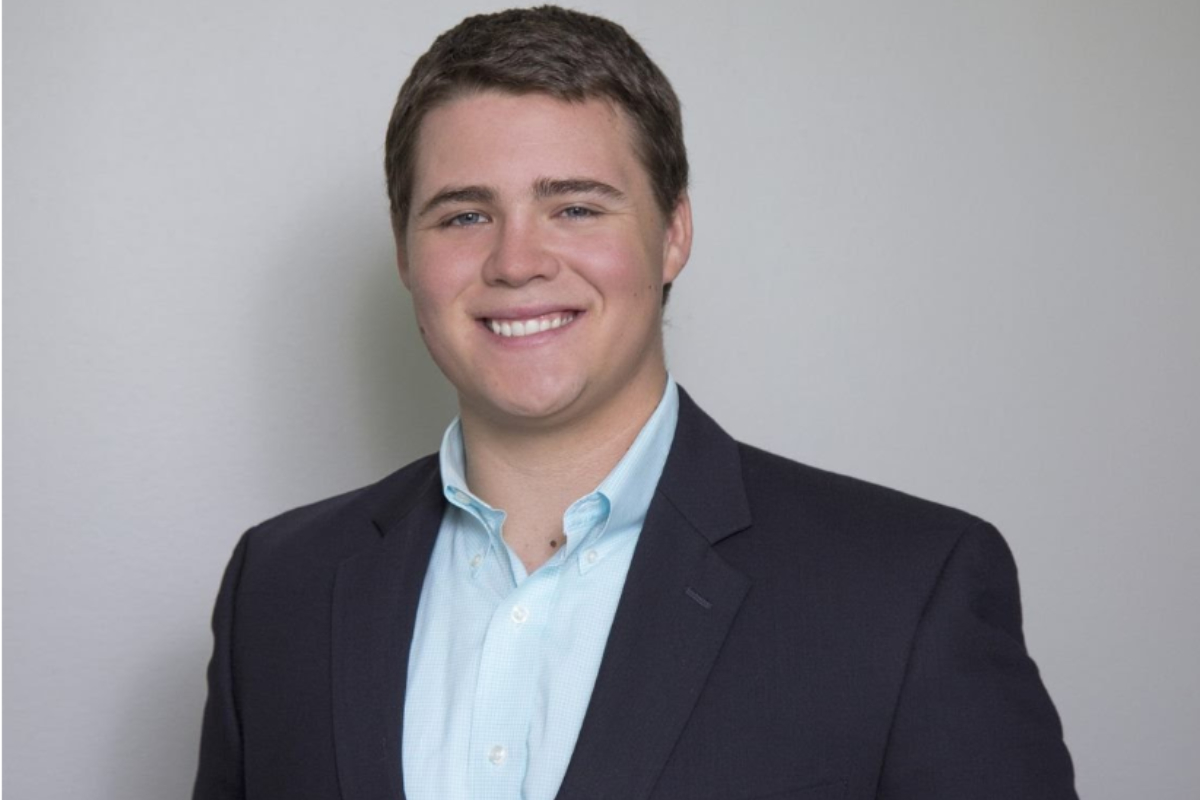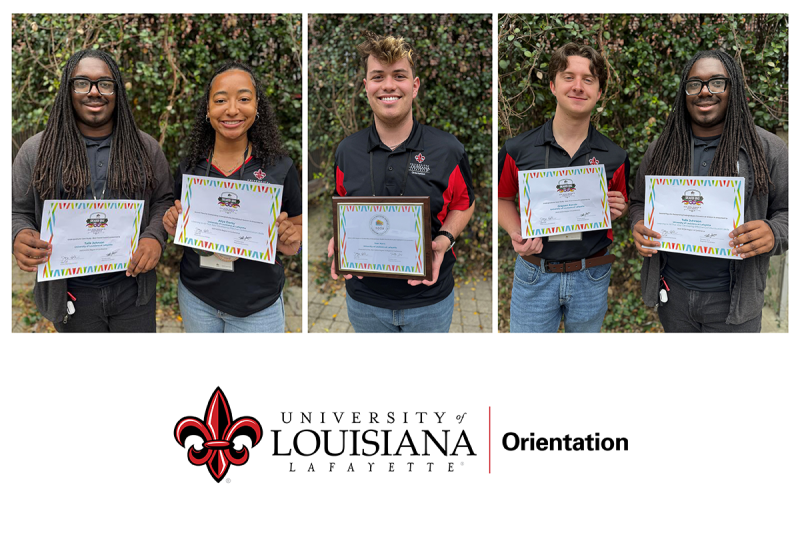Mechanical engineering major Cordell Portwood spent his summer learning about the plant turnaround process as an intern at BASF — an “invaluable” opportunity that gave him a deep look into plant operations.
A Rare Internship Experience
During his internship, Cordell shadowed experts to learn about the pumps and assist with the turnaround for the acetylene and formic acid plants at the Geismar site for BASF, the world’s largest chemical producer. The turnaround included shutting the acetylene and formic acid plants for inspection, cleaning, and repairs.
“My favorite part was just being able to see the equipment opened up, because it’s such a rarity. It only happens once every four years,” Cordell said. “And being able to have an opportunity — as a student — to go in and be a part of the rebuild discussions and the decision-making process is just invaluable.
“I was a kid in a candy store, from a mechanical engineering side,” he said. “I was really lucky to be able to see all of that equipment opened up, learning about those large rotating pieces of equipment that kept the plant up and running.”
Cordell worked closely with the project's technical expert and the liaison between the operations and the technical side of the turnaround.
“Being able to bounce ideas and asking questions of the guru of the plant was fantastic,” Cordell said.
The Challenges of Being an Intern During COVID-19
Despite the COVID-19 pandemic disrupting nearly every workplace in the country, Cordell was still able to get in-person and hands-on experience, thanks to BASF’s safety measures and commitment to the internship experience.
“BASF did a fantastic job of keeping their employees safe, making sure the plants kept running as safely as they could, and everything could continue as normal as possible,” Cordell said. “Because they did that, it allowed me to stay on the site and really get the most out of my time.”
When he wasn’t on site and learning about the equipment, Cordell worked remotely to create a database of spare and interchangeable parts for the pumps. His work helped minimize the number of parts BASF needs to keep on site, as well as improve efficiency and turnaround for pump repairs.
In addition to his practical knowledge, Cordell got valuable experience working in a professional environment.
“You get to talk to so many different people from so many different backgrounds. You get to learn the soft skills of working in a true job environment in industry, and you’re able to learn the technical knowledge that you’re not able to learn from a textbook,” he said.
“UL Lafayette does a fantastic job with their engineering curriculum, but there are some things you can’t learn from a textbook,” he explained. “You need to learn them in the field being mentored by someone who’s been in the field for a very long time. You need to see the equipment, and that experience just being comfortable in that environment is 100% worth it and valuable.”
And, in some ways, the COVID-19 pandemic gave Cordell a professional advantage.
“I’m able to learn where the industry is going before it gets there, because it’s a lot of those online meetings, working from home,” he said. “How do you communicate with people working from home and people working in the office? How do you do certain things when you need to be at the plant but you can't?”
Gaining an Advantage from Sports
Cordell is the president and captain of UL Lafayette’s rugby team, a role that prepared him for his internships in unexpected ways.
“There’s always going to be a curveball, there’s always going to be something unexpected, whether that’s in a rugby game or in industry. There’s something that will go wrong and you have to work with the people around you to solve or mitigate that problem,” he said. “That team aspect is a fantastic learning experience and it definitely translates to the real world.”
And his leadership role with the rugby team also taught him how to navigate the administrative side of an organization, from completing paperwork to conducting meetings — “stuff you’re kind of expected to know but you’re never taught,” he explained.
Using His Experience in School and Career
Cordell’s summer internship during the turnaround process — combined with his previous BASF internship in wastewater and utilities and a semester-long co-op at Citgo — are valuable for his immediate future in the mechanical engineering program and his long-term future as a professional mechanical engineer.
“Whenever you’re in industry, you have an opportunity to learn things that aren’t presented in a textbook,” he said. “But it’s interesting when you learn the overall ideas and theories about certain topics in industry, and then you go and learn about them in your next class — it makes it that much more interesting and exciting. It’s that back-and-forth training.”
After graduation, Cordell plans to work in plants, particularly on maintenance engineering and reliability for rotating equipment.
“I really do enjoy the plant setting. It’s pretty fast-paced. It’s ever-changing,” he said. “There are problems that come up all the time, but with those problems you’re also able to make solutions and be able to see the tangible results of your hard work.”
Learn more about the mechanical engineering program at UL Lafayette

